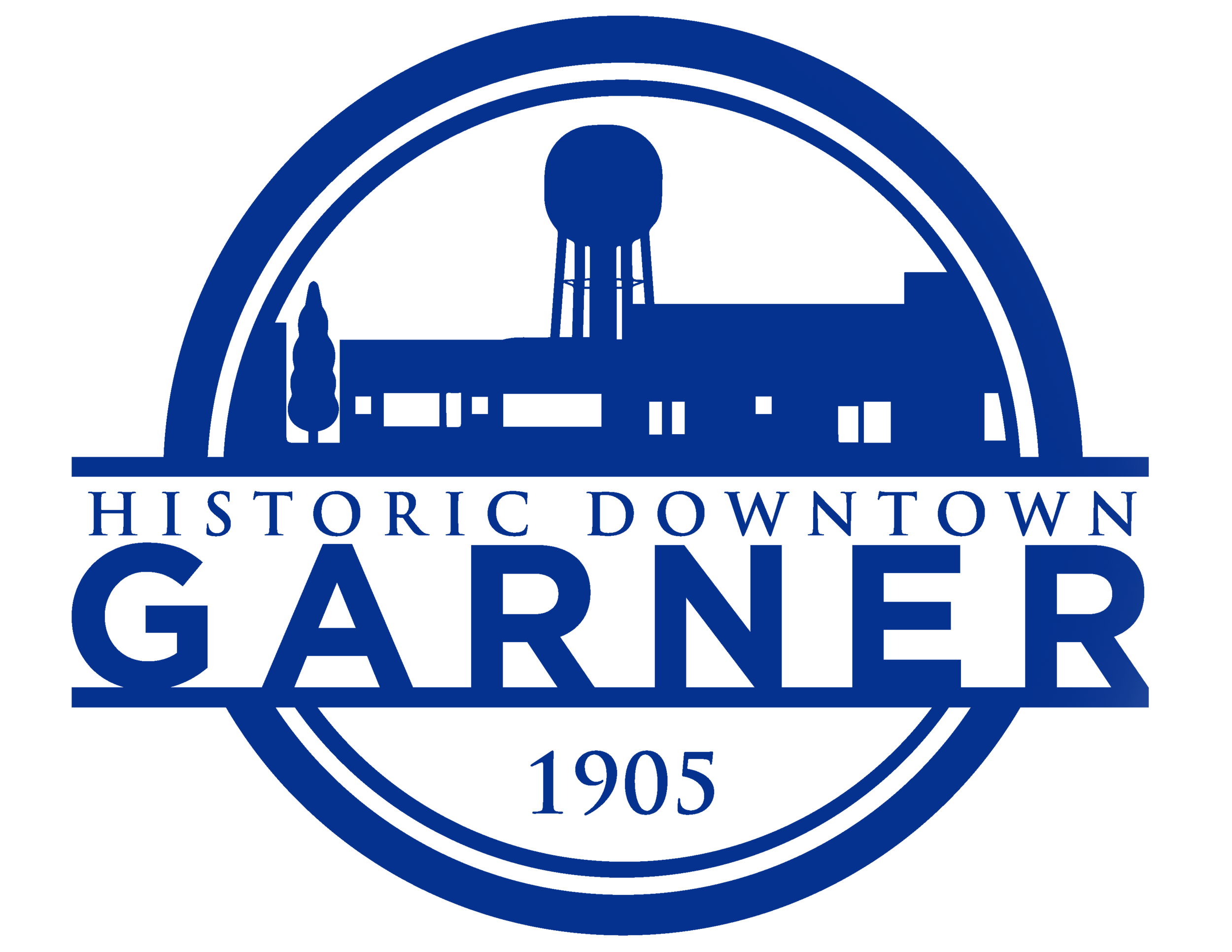Garner Selects Lansing Melbourne Group for Downtown Development Site
This decision is the culmination of an almost two year process of working with the UNC School of Government’s Development Finance Initiative (DFI) to complete pre-development analysis and solicit developer interest for the site, located between the historic business district and the new Recreation Center.
At their May 3, 2021 meeting, the Garner Town Council voted unanimously to endorse the town staff’s recommendation to move forward with Lansing Melbourne Group (LMG) as developer for the Downtown Opportunity Site.
This decision is the culmination of an almost two year process of working with the UNC School of Government’s Development Finance Initiative (DFI) to complete pre-development analysis and solicit developer interest for the site, located between the historic business district and the new Recreation Center.
DFI consultant Matt Crook gave a brief overview of the process leading up to developer selection and Downtown Development Manager Mari Howe presented the staff recommendation to work with LMG. Howe told the council that LMG received very high praise from other communities that they worked in, where their original projects often expanded to include additional phases.
In her presentation, Howe shared several key factors that led to staff choosing LMG, including:
their experience with public private partnerships,
their background with parking development,
their community oriented development process,
their “club-level” financing model,
their interest in future phases of development, and
their local approach to retail recruitment.
Council members Demian Dellinger and Gra Singleton participated in interviews with the final two development candidates. Dellinger agreed that LMG would be a good fit for Garner’s culture and needs in Downtown Garner. Singleton said that he felt confident that LMG would work hard to make sure they could deliver what the community wanted, even if that meant changing some elements of their original proposal.
Town council authorized staff to start working with DFI and LMG on negotiating a Memorandum of Understanding for the project, a process which will take about 90 days.
Garner's Station Podcast #14: Jeff Triezenberg, Garner Planning Director
Rick Mercier sits down with Garner's planning director, Jeff Triezenberg, to talk about what a planning department does and how Garner continues to plan for future growth. Topics include reexamination of Garner's UDO (unified development ordinance), traffic impact, public transit and much more in this latest episode of Garner's Station Podcast.
Rick Mercier sits down with Garner's planning director, Jeff Triezenberg, to talk about what a planning department does and how Garner continues to plan for future growth. Topics include reexamination of Garner's UDO (unified development ordinance), traffic impact, public transit and much more in this latest episode of Garner's Station Podcast.
Garner Announced as Location for New VA Clinic
The U.S. Department of Veterans Affairs (VA) has announced that it recently accepted an offer to lease 244,860 square feet of space for a new outpatient multi-specialty clinic in the Town of Garner.
The site for the new construction is approximately 17 acres located on the west side of N.C. 50 between Rand Road and Arbor Greene Drive. The real property investment amount for the project is estimated to be about $100 million.
Garner, NC—The U.S. Department of Veterans Affairs (VA) has announced that it recently accepted an offer to lease 244,860 square feet of space for a new outpatient multi-specialty clinic in the Town of Garner.
The site for the new construction is approximately 17 acres located on the west side of N.C. 50 between Rand Road and Arbor Greene Drive. The real property investment amount for the project is estimated to be about $100 million.
“This facility will be a great addition to our community. We are proud that the Town of Garner will be known throughout the region as a hub for veterans' health-care services,” Mayor Ken Marshburn said. “Our veterans deserve the finest of care, and I’m confident that this new facility will provide outstanding care to the men and women who have served our country in the armed forces. I’m sure the VA staff and veterans who come to Garner for services will find us to be a welcoming and compassionate community that deeply appreciates what our veterans have done to ensure our freedoms.”
VA officials said they were enthusiastic about bringing a facility of this scale to Garner and Wake County.
“The Durham VA Health Care System values our local community partners’ efforts in helping us to keep the nation’s promise to our veterans,” said DVAHCS Executive Director Paul Crews. “The new outpatient facility will employ nearly 400 VA employees, ranging from administrative support to health-care providers. It will offer primary care and mental-health services to nearly 25,000 veterans annually from Wake County and surrounding areas.”
Limited specialty services may include cardiology, endocrinology, gastroenterology, pulmonology, pathology, audiology and speech, rehabilitation medicine, and imaging services including CT and MRI. A pharmacy and eye clinic could also be a part of the facility. VA officials say that specialty services could change based on demand and need at the facility.
“We are excited about the development and construction of a modern, state-of-the-art facility that will allow the Durham VA Health Care System to ensure that veterans who choose VA receive the highest-quality care. This facility will allow us to provide veterans with the right care, in the right place, at the right time,” said Fred Roche, administrator of the new VA facility.
A joint venture, Atriax/PPGG JV, based in Hickory, N.C., will serve as the developer and lessor for the center. The majority of the lessor’s design, construction and operations team is based in North Carolina. The Atriax/PPGG JV is a service-disabled, veteran-owned business with years of experience in U.S. Department of Veterans Affairs projects.
“As a veteran-owned company, we couldn’t be more proud to serve the veterans of North Carolina through this important project and the critical health-care services to be delivered by the professionals in the VA,” Atriax principal George Auten said.
Brenda H. Compton with locally based Hartwell Realty represents the property owners in the sale for the project.
“It was truly an honor for me and the Hartwell Realty team to be involved in a project that will have such a meaningful economic impact on Garner while providing a much-needed service for our veterans,” Compton said. “This multifaceted transaction could not have been successful without the hard work and collaboration of the Atriax Group, property owners and local municipalities. It’s a huge win for Garner and our regional economy.”
For more information on the Durham VA Health Care System, please contact Shahron James at 919.928.3997 or by email at shahron.james@va.gov For more information on economic development matters in Garner, please contact Joe Stallings at 919.773.4431 or at jstallings@garnernc.gov.
Garner Growth - Commuter Rail: Triangle commuter rail plans rolling forward, and planners want your input
The Triangle commuter rail line included in the transit plans of Wake and Durham counties has entered its last preliminary study phase and planners will be asking the public throughout the next 12 to 18 months what they think about the emerging project details.
The Triangle commuter rail line included in the transit plans of Wake and Durham counties has entered its last preliminary study phase and planners will be asking the public throughout the next 12 to 18 months what they think about the emerging project details.
First, an initial survey that seeks general thoughts on the project will be available through Nov. 6 at goforwardnc.org/commuterrail.
Plans in place in Wake and Durham counties call for a 37-mile commuter rail line to be built within the existing NC Railroad Company corridor between West Durham and Garner with stops at Research Triangle Park, Morrisville, Cary, NC State and downtown Raleigh along the way. The results of earlier studies have led Johnston County to commit money to evaluate extending the route to Clayton as well.
“The Triangle routinely lands on Best Places to Live lists, and Wake, Durham and Johnston counties collectively add more than 32,000 residents a year as a result,” says GoTriangle President and CEO Charles E. Lattuca. “More people mean more crowded roads and increasingly untenable commute times. The Triangle commuter rail line would give us a chance to manage that growth and create a truly regional transit network, which is essential to maintain the quality of life we enjoy.”
During the current study phase, stakeholders including counties, municipalities and railroads hope to agree on an initial project concept that includes station locations, how often the trains would run and train storage and maintenance needs. They also will look at infrastructure needs such as new train tracks, bridges or changes to the roadway network and analyze the economic and land-use benefits commuter rail would bring to the Triangle and the state.
A team of key stakeholders including representatives from GoTriangle, NCDOT, three counties, two metropolitan planning organizations, the Research Triangle Foundation and the North Carolina Railroad Company has been meeting regularly to review and discuss study findings and opportunities for the commuter rail project.
“There is no question that there is a need for increased mobility opportunities in the Triangle,” says Carl Warren, NCRR president and CEO. “We are working closely with our partners to determine how to successfully offer a commuter rail option while continuing to ensure the NCRR corridor can meet the needs of current and future freight and passenger needs. The results of this survey will play a significant role in informing that process.
The stakeholders will be sponsoring the public surveys throughout the current study period and weighing the feedback.
“This project has extraordinary potential for strengthening our community so we are very eager to see what the next months of looking deeper into the details will show us,” Lattuca says. “We know that a Triangle commuter rail train would provide a quick and reliable commute, no matter the traffic on the roads. It also would vastly increase access to opportunity for our neighbors by significantly expanding the geographic range of jobs and educational institutions they could reach without a car. Transit also is an economic development driver. Every $1 invested in public transportation generates $5 in economic returns.”
At the end of the current study phase, governing bodies should have the technical information and public feedback they need to vote on whether the project is technically, financially, legally and politically achievable. If yes, they will proceed with project design and apply for entrance into the federal Capital Investments Grants pipeline. Federal grants could pay for up to 50 percent of the project cost.
Find out more about the project at goforwardnc.org/project/commuter-rail.












